BBC faces backlash from female stars
Presenters speak out after corporation's gender pay gap is revealed
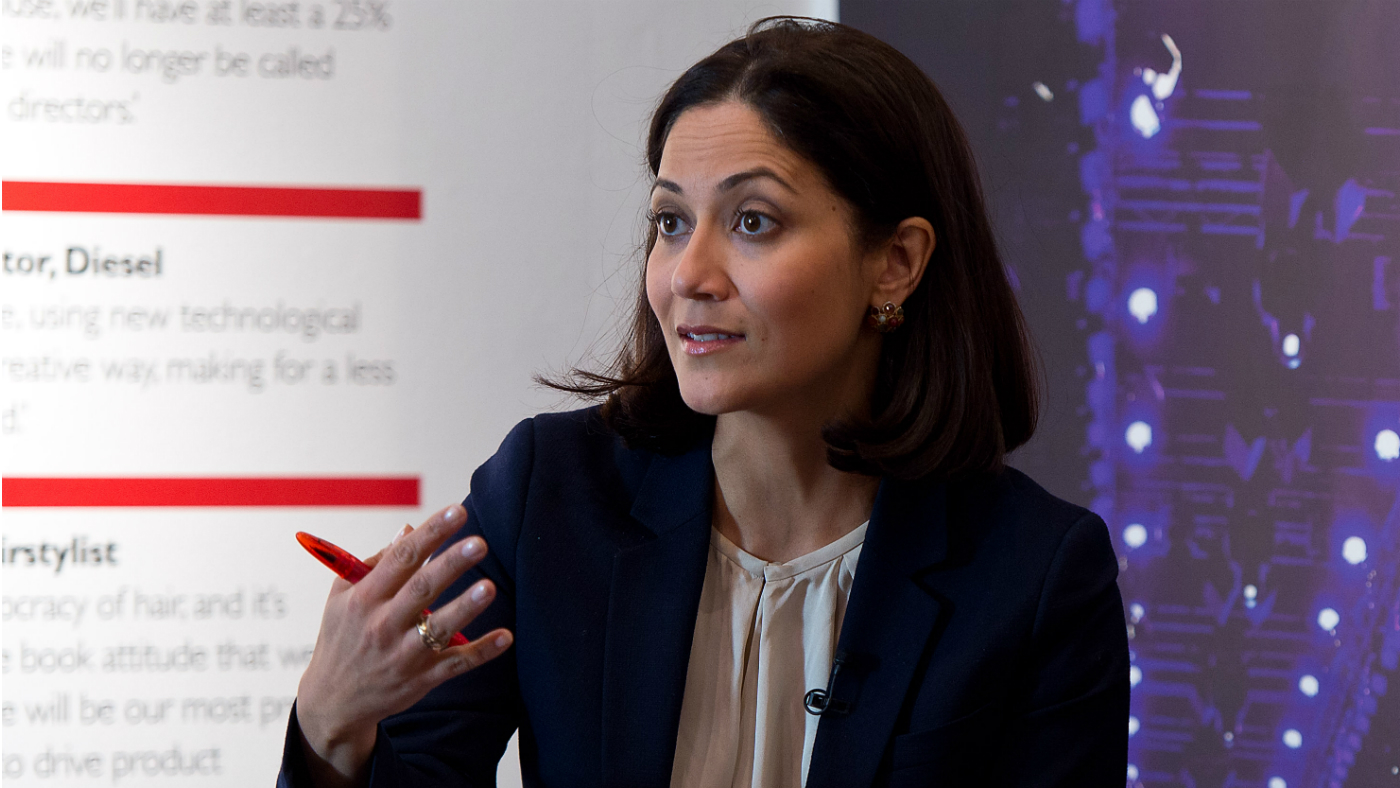
A free daily email with the biggest news stories of the day – and the best features from TheWeek.com
You are now subscribed
Your newsletter sign-up was successful
MPs are to question BBC bosses after it was revealed that two-thirds of its highest-paid presenters are male.
Only two women made the top ten in the list of TV stars' salaries, while the highest paid female, Strictly Come Dancing presenter Claudia Winkleman, earns approximately a fifth the wage of the top-paid man, DJ Chris Evans.
Leading the backlash was BBC Radio 4 presenter Mishal Husain, who earns £50,000 to £100,000 less than her male counterpart Nick Robinson.
The Week
Escape your echo chamber. Get the facts behind the news, plus analysis from multiple perspectives.

Sign up for The Week's Free Newsletters
From our morning news briefing to a weekly Good News Newsletter, get the best of The Week delivered directly to your inbox.
From our morning news briefing to a weekly Good News Newsletter, get the best of The Week delivered directly to your inbox.
Interviewing BBC director general Tony Hall on the Today programme before the list was published, she "shot back" at his "squirm[ish]" suggestion that presenters may do other things to justify a higher salary, reports the Guardian, quickly replying: "Or they may not."
Jane Garvey, presenter of BBC Radio 4's Woman's Hour, also expressed her frustration about the pay gap:
While some female stars, including Winkleman, remained tight-lipped, several agents were preparing to demand pay rises for their clients, says the Guardian. Law firms have also warned the statistics could give rise to sex discrimination claims.
Female politicians including Prime Minister Theresa May, Green Party co-leader Caroline Lucas and Labour's Harriet Harman also expressed their disapproval.
A free daily email with the biggest news stories of the day – and the best features from TheWeek.com
In addition, several male stars spoke out against the gap. Today presenter John Humphrys, who is paid between £600,000 to £649,000, said he was "not happy" to learn co-host Sarah Montague earns less than £150,000
"I'm not happy with that. I don't think that is right," he said.
BBC salaries: Who earns what - and why it matters
Chris Evans is the highest paid star at the BBC, according to newly public figures revealing the sums paid to on-air talent.
For the first time, the corporation's annual report included detailed information about individual salaries over £150,000, divided into bands of £50,000:
Here are the top ten earners:
1. Chris Evans £2.2m - £2.25m
2. Gary Lineker £1.75m - £1.8m
3. Graham Norton £850,0000 - £899,999
4. Jeremy Vine £700,000 - £749,999
5. John Humphrys £600,000 - £649,999
6. Huw Edwards £550,000 - £599,999
7. Steve Wright £500,000 - £549,999
= 8. Claudia Winkleman £450,000 - £499,999
= 8. Matt Baker £450,000 - £499,999
= 9. Nicky Campbell £400,000 - £449,999
= 9. Andrew Marr £400,000 - £449,999
= 9. Stephen Nolan £400,000 - £449,999
= 9. Alan Shearer £400,000 - £449,999
=9. Alex Jones £400,000 - £449,000
10. Fiona Bruce £350,000 - £399,999
These figures only take into account pay for work carried out directly for the BBC, not projects made by production companies and subsequently broadcast on its networks.
For example, Graham Norton's £850,000 salary from the BBC compensates his work on his Radio 2 show and Eurovision commentary, but not his chat show, which is made by an outside production company
There were a few surprises in the list. Commentators were baffled by the revelation that the highest earning male actor on the BBC payroll is Casualty veteran Derek Thompson, who has played Charlie Fairhead in the drama for more than 30 years.
Thompson receives £350,000 - £399,999 for his work, compared to £200,000 - £249,999 for Doctor Who star Peter Capaldi.
As expected, the disclosure of the corporation's top salaries sparked debate about whether the spending of so much taxpayer money on top-drawer salaries was justified.
Presenting the annual report, BBC director general Tony Hall emphasised that "market rates" had to be taken into account to put the highest salaries in context.
"If we are to give the public what they want, then we have to pay for those great presenters and stars," he said.
Hours before the report was released, football pundit Gary Lineker - one of the few BBC stars to openly address the issue and defend his salary - made a similar argument, saying that "other TV channels pay more".
Potentially more damaging for the BBC's image, however, is the stark gender disparity laid bare by the figures,
Almost twice as many male stars earned over £150,000 as their female counterparts, while only nine women made more than £250,000 in 2016 compared to 25 men.
Top-paid talent Chris Evans' £2.2-2.5m paycheque dwarfs the £450k-£499k salary paid to the corporation's highest-earning female star, Strictly Come Dancing presenter Claudia Winkleman.
That disparity is reflected across the various departments. In the sporting division, Gary Lineker took home between £1.75 and £1.79 million last year, while Olympic stalwart Clare Balding made less than £200,000.
In the newsroom, Huw Edwards made between £550,000 and £599,999, compared to Fiona Bruce's salary of £350,000 to £399,999.
Only in the "non scripted factual and entertainment" category did a female star come out on top, with Tess Daly beating out Strictly judges Len Goodman and Bruno Tonioli to top the list with a salary of £350,000 - £399,999.
The low representation of minority talent among the highest earners was also a cause for concern. None of the three top-earning ethnic minority stars - George Alagiah, Jason Mohammad and Trevor Nelson - earned more than £300,000, while news presenter Mishal Husain, who received between £200,000 and £250,000, was the highest-paid minority female.
However, some said the discrepancy was all too reflective of wider pay inequality in the job market.
Hall acknowledged that the corporation still had a "lot to do" when it came to ensuring that female and minority talent were placed on an equal footing with male and white colleagues.
-
 The ‘ravenous’ demand for Cornish minerals
The ‘ravenous’ demand for Cornish mineralsUnder the Radar Growing need for critical minerals to power tech has intensified ‘appetite’ for lithium, which could be a ‘huge boon’ for local economy
-
 Why are election experts taking Trump’s midterm threats seriously?
Why are election experts taking Trump’s midterm threats seriously?IN THE SPOTLIGHT As the president muses about polling place deployments and a centralized electoral system aimed at one-party control, lawmakers are taking this administration at its word
-
 ‘Restaurateurs have become millionaires’
‘Restaurateurs have become millionaires’Instant Opinion Opinion, comment and editorials of the day
-
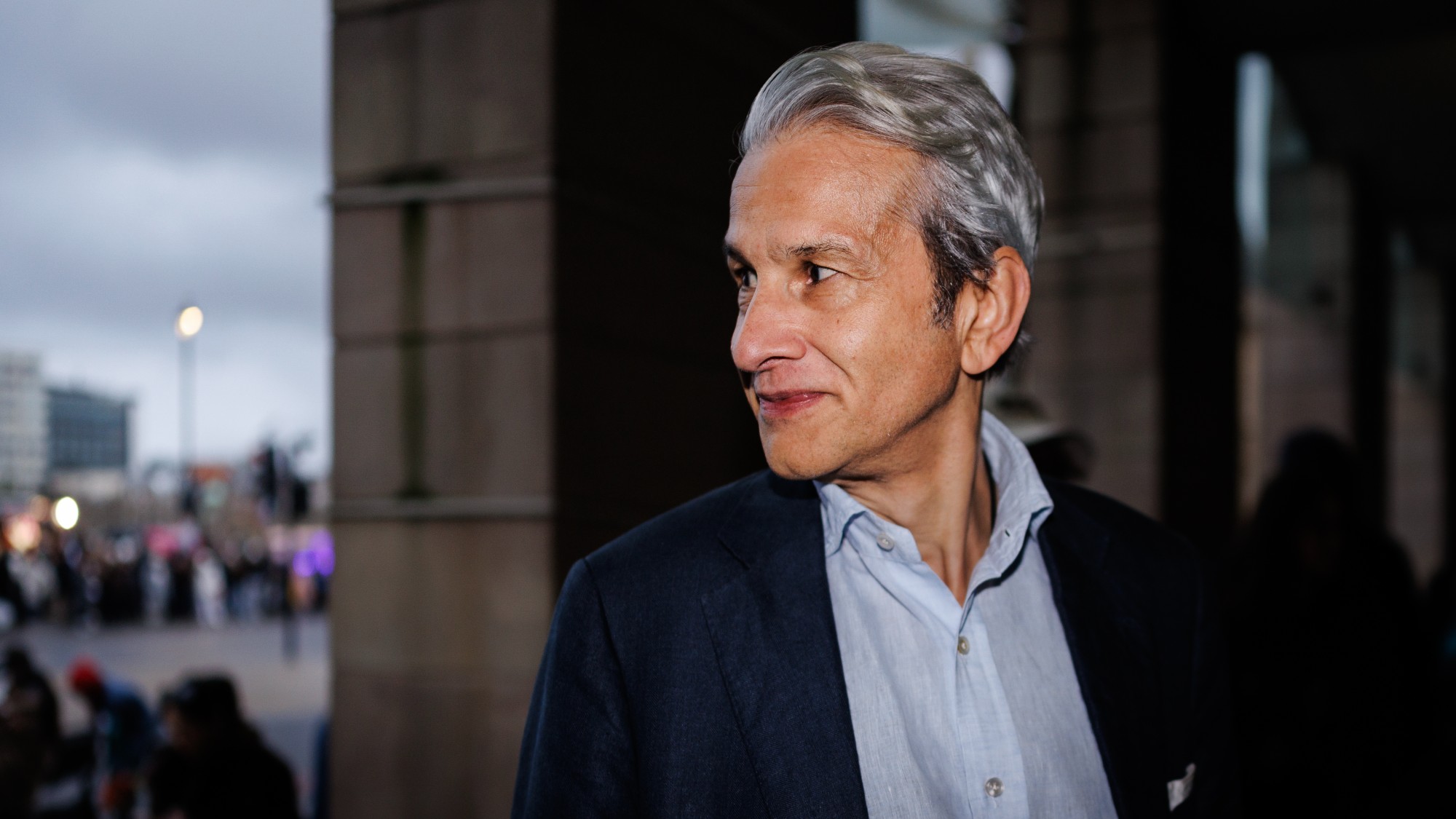 Can the BBC weather the impartiality storm?
Can the BBC weather the impartiality storm?Today's Big Question MPs’ questions failed to land any ‘killer blows’ to quell the ‘seismic outrage’ faced by the BBC
-
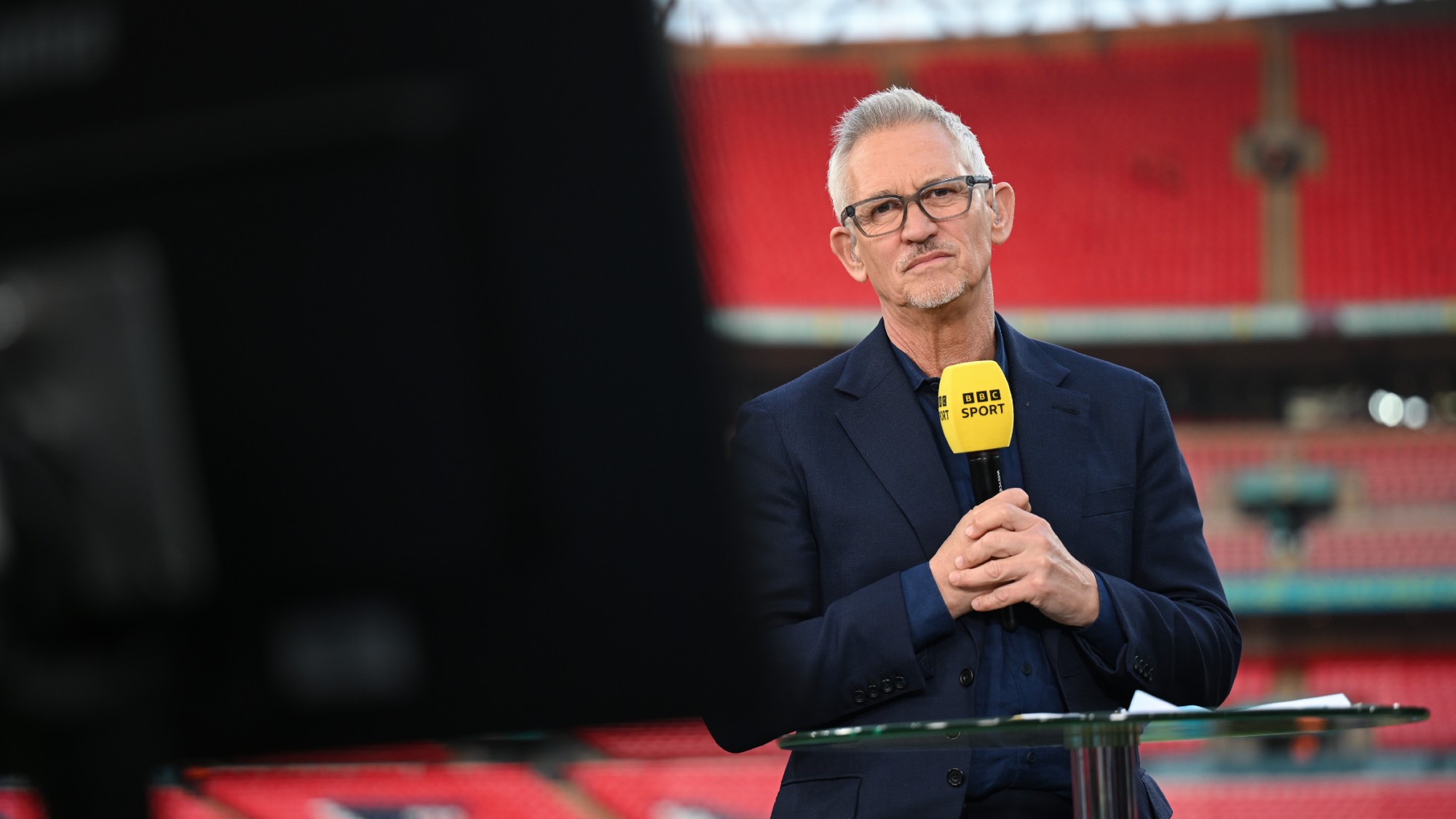 What are the impartiality rules for BBC presenters?
What are the impartiality rules for BBC presenters?The Explainer News presenters and hosts of 'flagship programmes' must adhere to tougher guidelines than other staff and freelancers
-
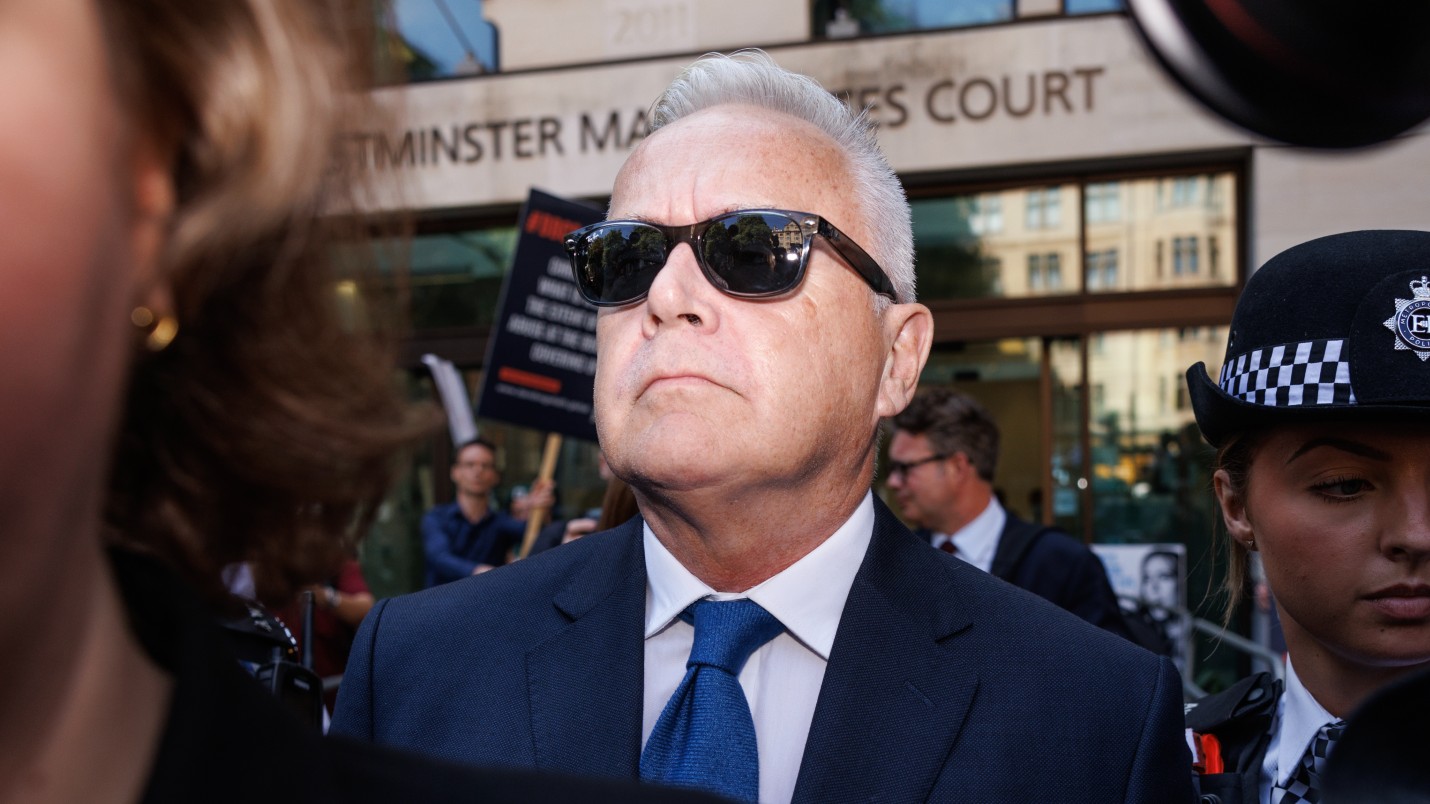 Huw Edwards: why is the BBC so scandal-prone?
Huw Edwards: why is the BBC so scandal-prone?In the Spotlight The national broadcaster has serious questions to answer
-
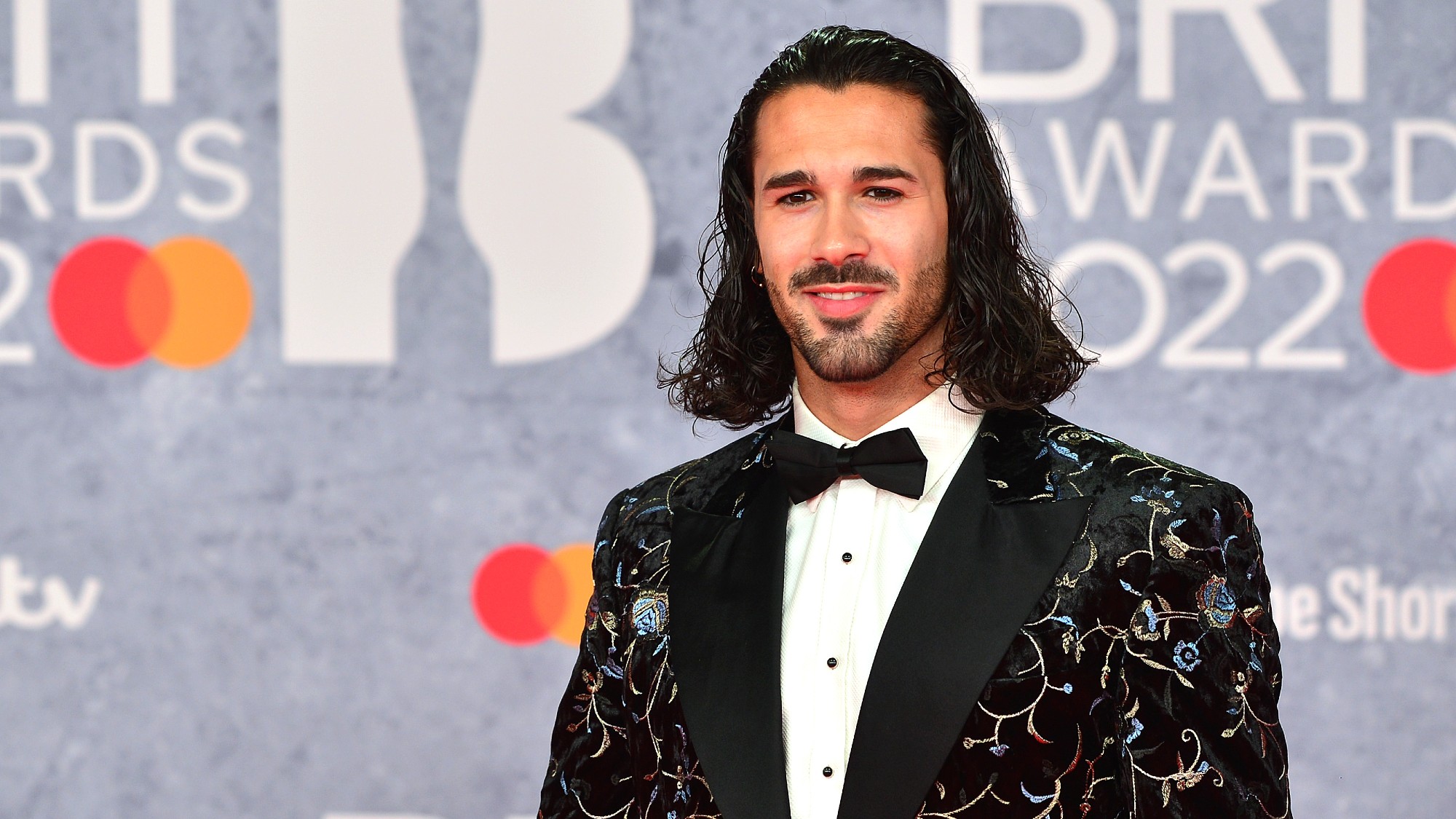 Strictly Come Dancing scandal timeline: what happened when
Strictly Come Dancing scandal timeline: what happened whenIn the Spotlight BBC director general addresses speculation over show's future and apologises to celebrity contestants who say they were mistreated
-
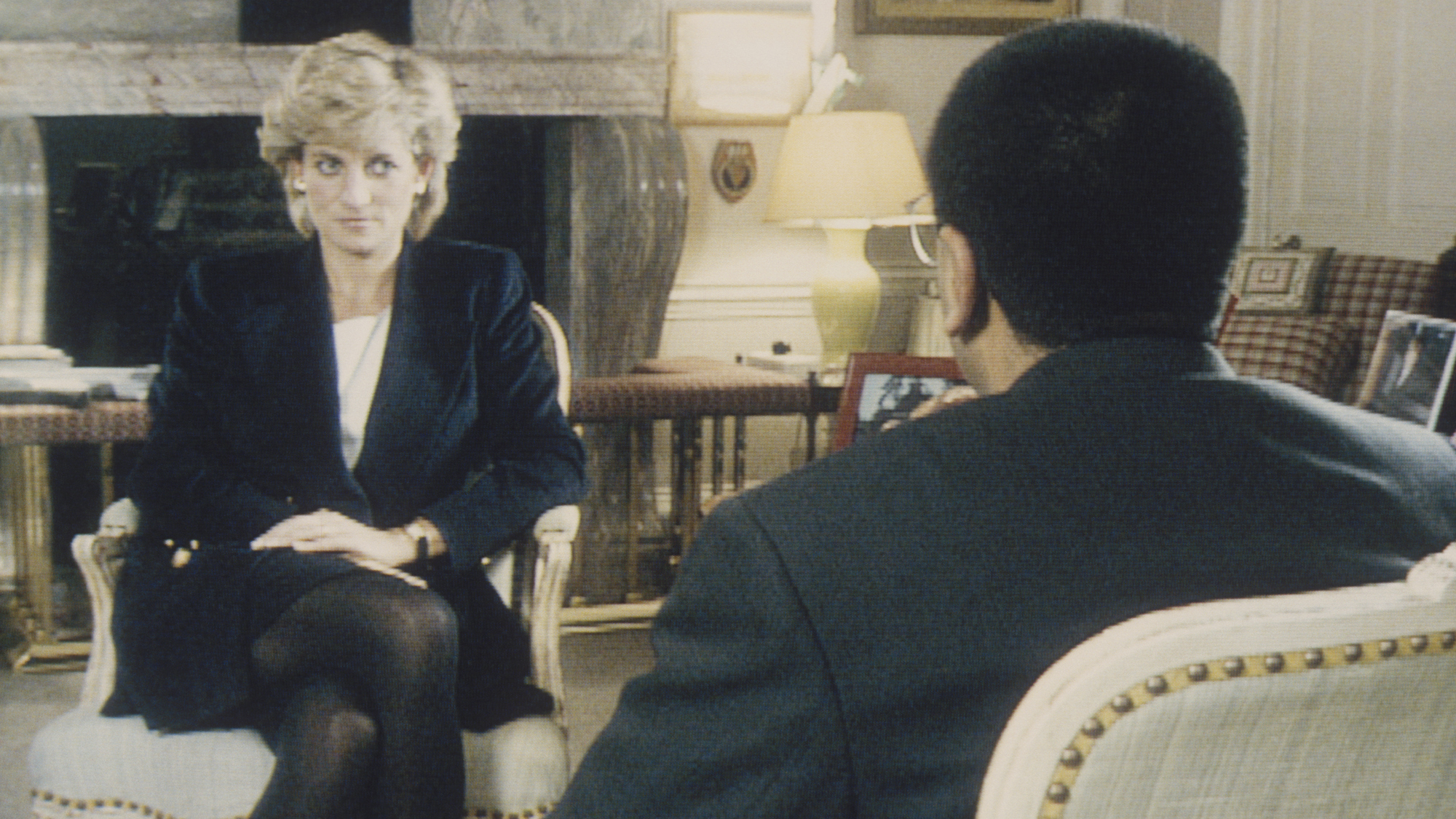 The Princess Diana interview and Martin Bashir's redacted dossier
The Princess Diana interview and Martin Bashir's redacted dossierIn the Spotlight The newly revealed documents show Bashir claimed jealousy and discrimination fuelled allegations against him
-
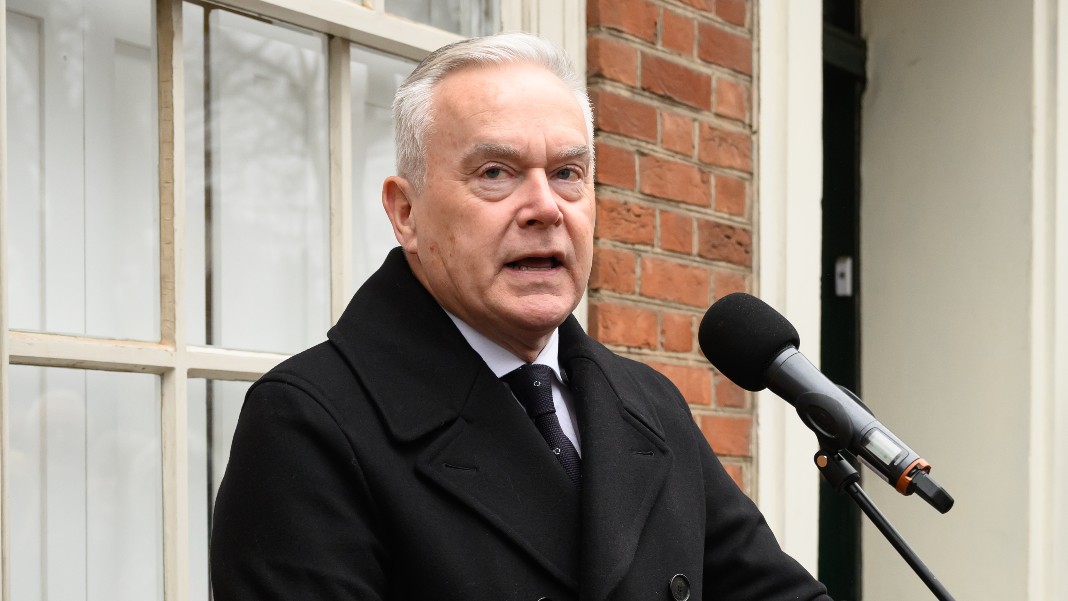 Huw Edwards and the question of ‘public interest’
Huw Edwards and the question of ‘public interest’Talking Point Privacy law ‘mess’ needs to be cleared up, not by judges, but by Parliament
-
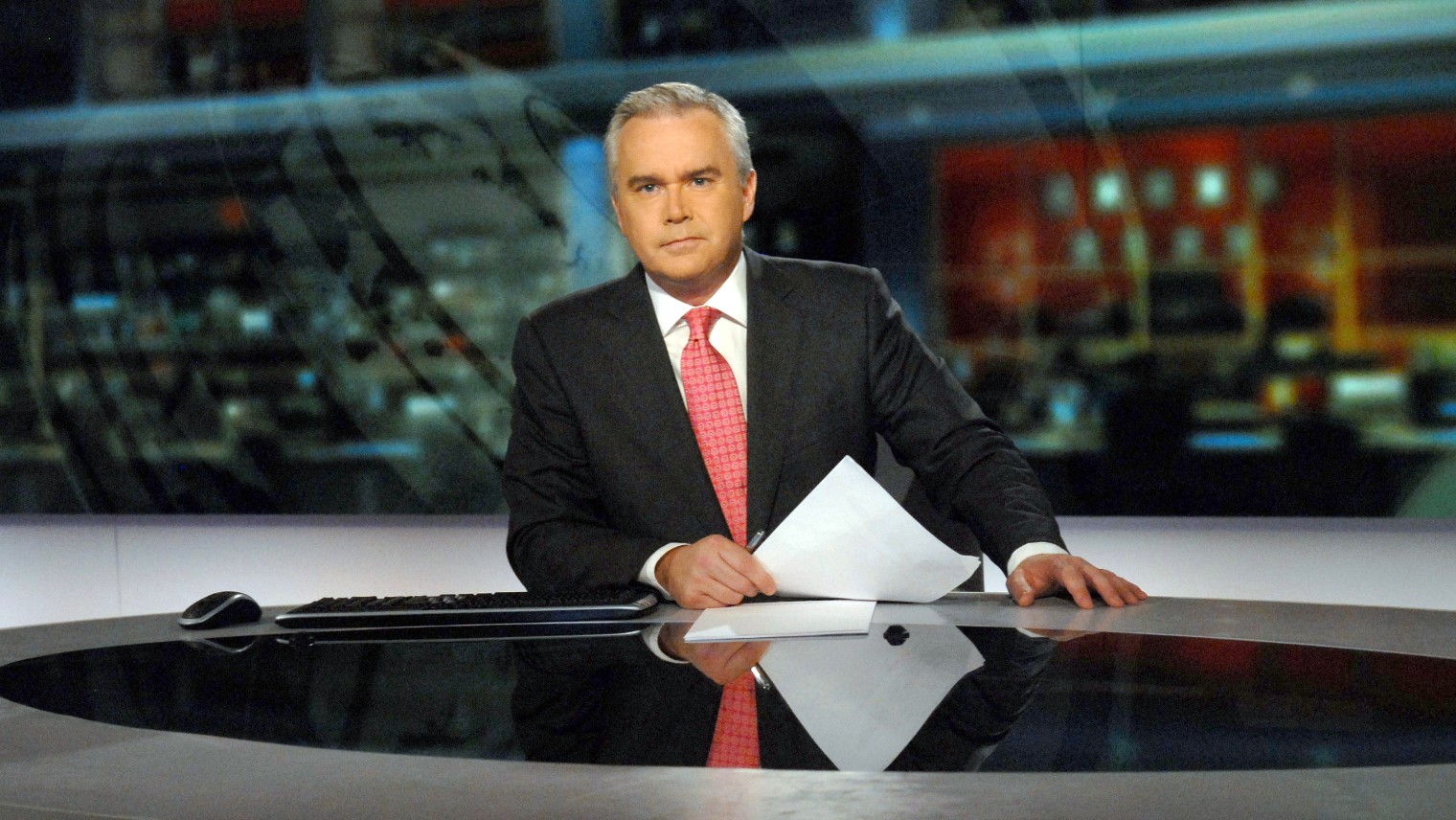 Huw Edwards named as presenter at centre of BBC crisis
Huw Edwards named as presenter at centre of BBC crisisIn Depth News reader’s wife, Vicky Flind, says he will remain in hospital for foreseeable future
-
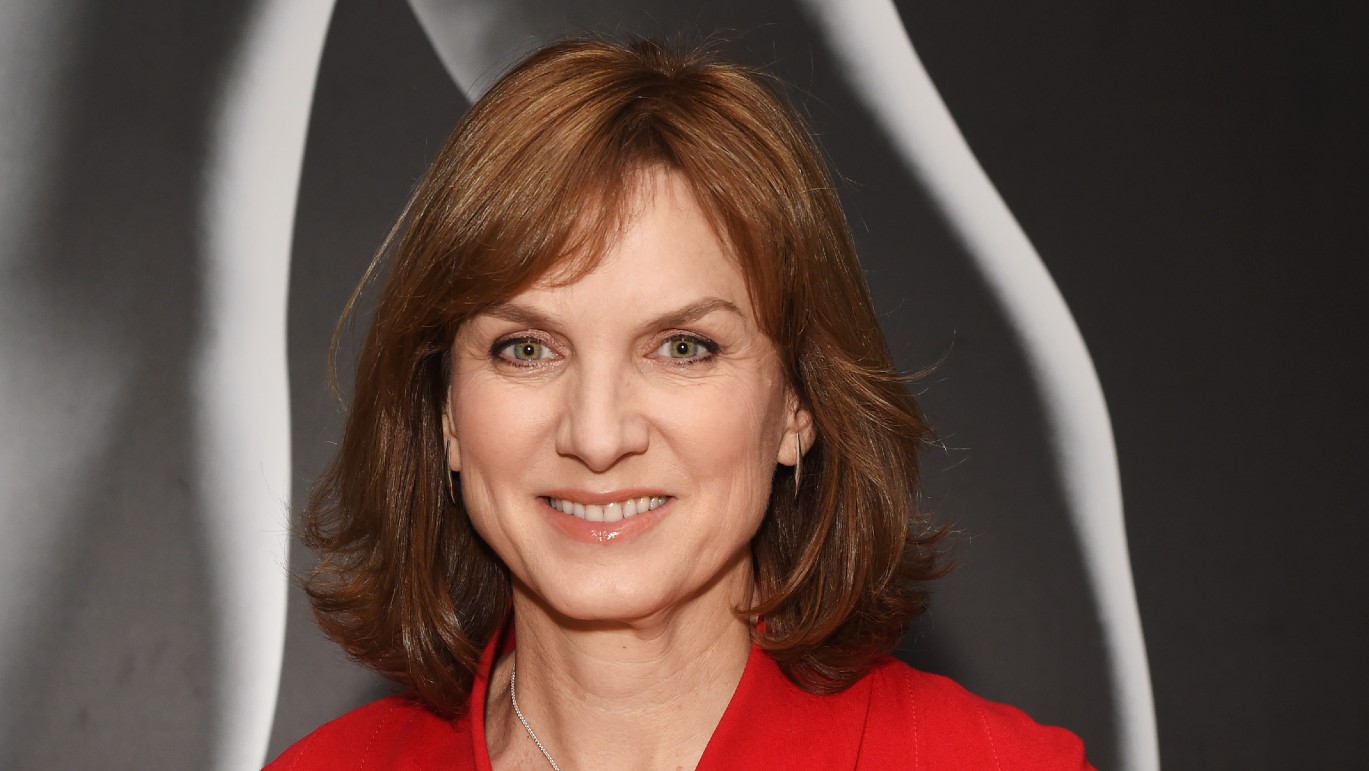 Fiona Bruce: has Question Time host been ‘hung out to dry’?
Fiona Bruce: has Question Time host been ‘hung out to dry’?In Depth Presenter accused of trivialising domestic abuse in debate about Stanley Johnson